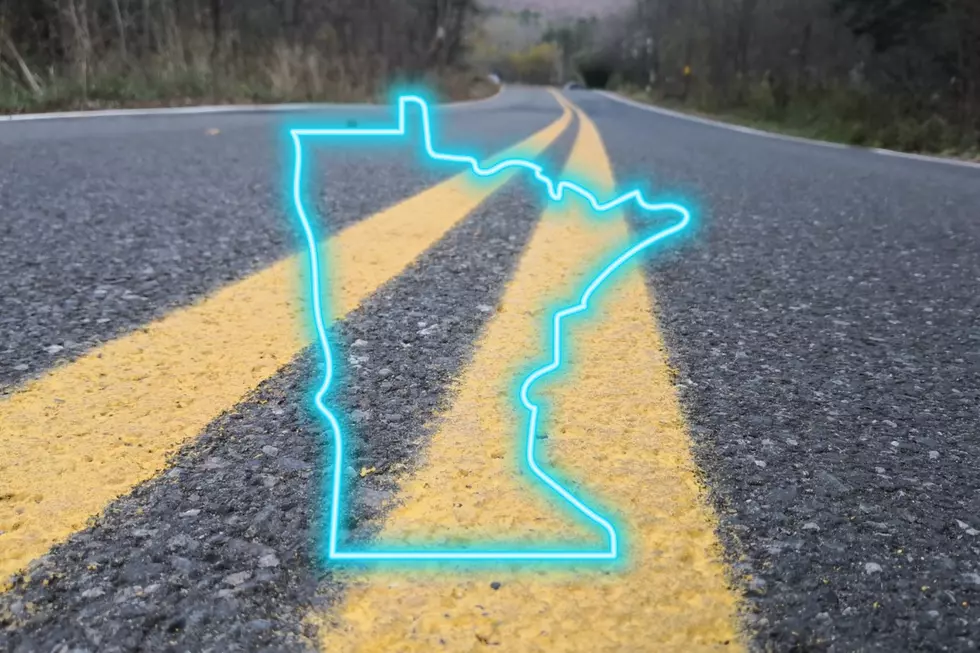
Douglas County Offers Free Suicide Prevention Training Workshop Opportunities
Sometimes the best help you can give is knowing what to do in a situation. That expertise comes from training, and when it comes to mental health - suicide specifically - it can also mean help to save a life.
As mental health issues continue to challenge the Northland and the diagnosis numbers rise, some local officials are offering ways to combat the issue head on.
That's the ultimate goal of a partnership between the Douglas County Mental Health Project and the University of Wisconsin-Madison Division of Extension in Douglas County. Together, the two entities have put together a suicide prevention program that they're offering free of charge to interested parties in the Northland.
It starts with the empowerment of information. Tracy Henegar, the U of M-MAdison Division of Extension in Douglas County Educator explains:
"We've seen the impact of suicide in our community, and we know that when someone dies by suicide, family, friends, co-workers, and the community as a whole can experience a wide range of difficulties in coping with that loss, including possible symptoms of depression and anxiety and even suicidal thoughts. [With the program the partnership has developed] - in less than two hours, you can be empowered with the information you need to help save a life and make a difference in our community."
The program that they developed is called QPR Gatekeeper Training for Suicide Prevention. An article in the Superior Telegram [paywall] explains that "[j]ust as people trained in CPR and the Heimlich maneuver save thousands of lives each year, QPR Gatekeepers are trained to recognize the warning signs of a suicide crisis and to respond to save a life".
The 'QPR' in QPR Gatekeeper Training stands for "Question, Persuade, and Refer".
Thanks to funding being provided by the "Duluth-Superior Area Community Foundation as part of the Miller-Dwan Foundation's "Live Well! Northern WI" Initiative", the program is free for anyone who wants to take part.
To start, there'll be three targeted sessions: One for "youth-serving audiences" and two additional ones for adult-serving audiences. Additional sessions in the future will be offered as combined sessions.
Sessions are scheduled for December 12 and January 3. The training will happen in a virtual format. To take part, click here to sign up.
Here are some tips for self-care during the pandemic:
More From B105









